AFROPOLiTAiN Magazine had the honor of sitting down with retiring United States Congressman Charlie Rangel to reminisce and draw lessons from his 43 year career representing Harlem in the United States House of Representatives. Our conversation left us with three important considerations for the next generation of black leaders.

Black mecca is a balancing act
The black community almost always includes those who are surviving and less those who are thriving. Behind the renaissance veneer of Harlem, with its poets, musicians and intellectuals the underlying component of what makes Harlem magical has always been the daily hustle of black life.
Much of Harlem’s contribution to society was the result of black people just going about their daily struggles. Leaders of today’s black community would be wise to make note of this fundamental observation. Leaders looking to recreate Harlem must take into account individual daily struggles as well as the aspirations of community advancement.

No More Church, Find a Baobab
Racism, segregation and discrimination have historically prevented blacks from forming social clubs or meeting on golf courses to discuss grievances of the day. The church has been one of few safe spaces for blacks to discuss and organize around issues that matter to the community.
The church in harlem played such central organizing role that as one of the few places where black resources were pooled, it was able to become the largest holder of harlem real estate. Today, with the rise of the internet and less involvement in church culture among younger generations, the organizing role of the church has come into question.
New leaders of the black community must consider what can serve as the gathering place and central organizing force for the black community. As Rangel commented, in the face of Today’s atrocities of black men being killed, the silence from moral authorities is “deafening”. Africans might comment there is no longer a baobab, a meeting place that holds moral authority, in the black village.
The tree and the roots are the same
The relationship between the diaspora and Africans is mutually beneficial. Congressman Rangel is a co-founder of the Congressional Black Caucus, a powerful group of black elected members of Congress. He made a point to reach out to African interests, despite the stigma associated with Africa in the 80s.
They recognized that their stature rose when Africans used them as their preferred lobby. Africans found that they now had more than a sympathetic ear in Washington, they had an empathetic advocate. Understanding that the pooling of resources, including influence, across the black diaspora reinforced the stature of the black community in the world is a lesson we must continue to learn and teach.


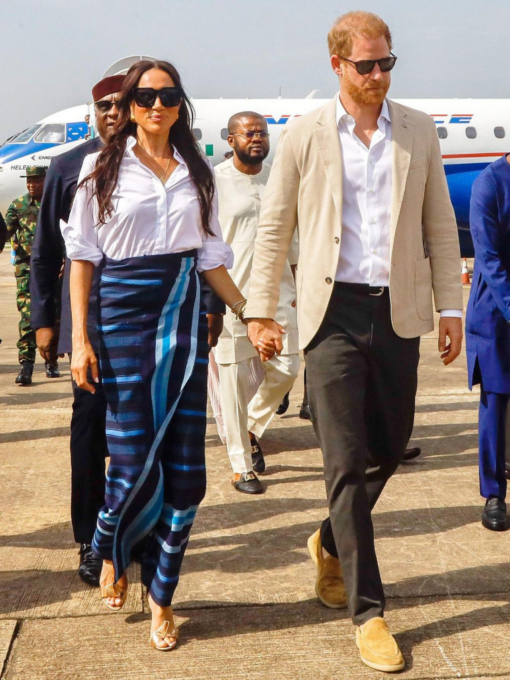 Everything Prince Harry and Meghan Markle Did On Their Visit To Nigeria (Including That Secret Stop)
Everything Prince Harry and Meghan Markle Did On Their Visit To Nigeria (Including That Secret Stop) 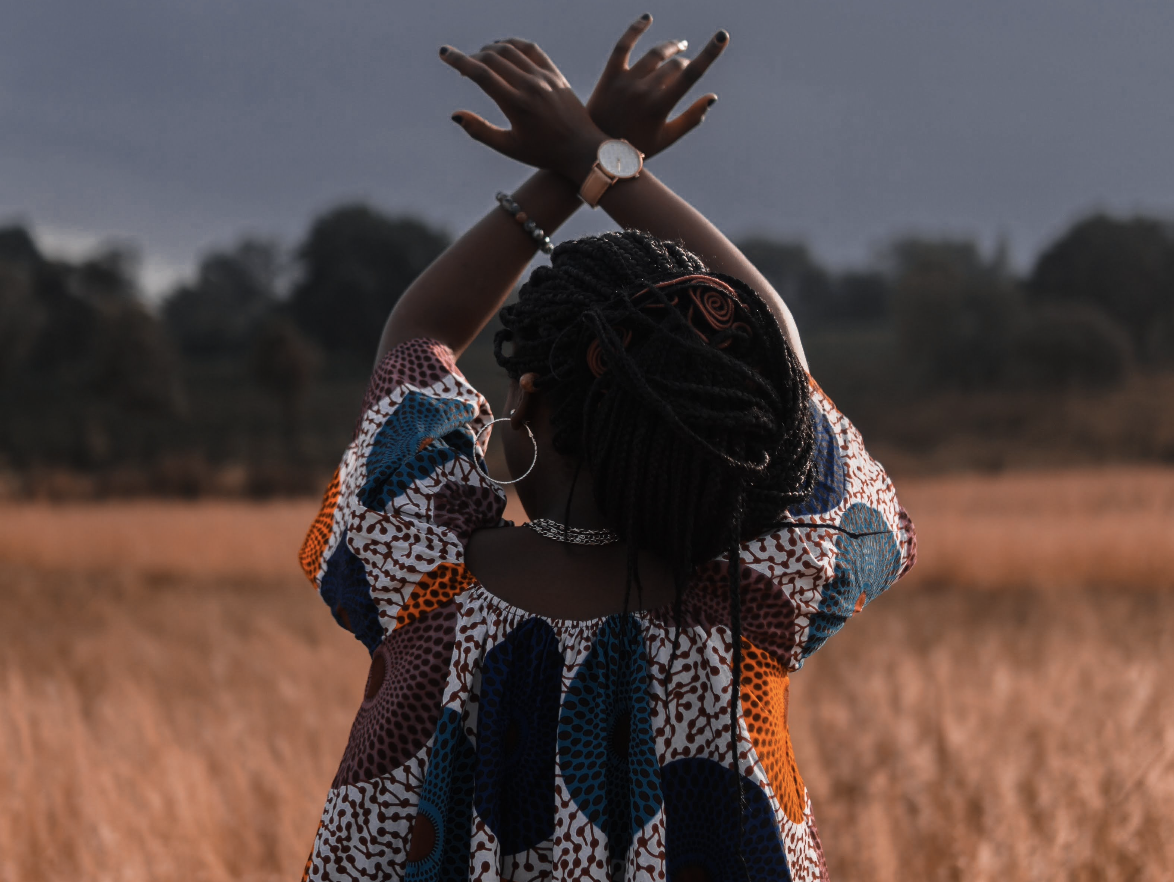 Twins and Models Battle the World’s Most Common Genetic Disease: Sickle Cell
Twins and Models Battle the World’s Most Common Genetic Disease: Sickle Cell 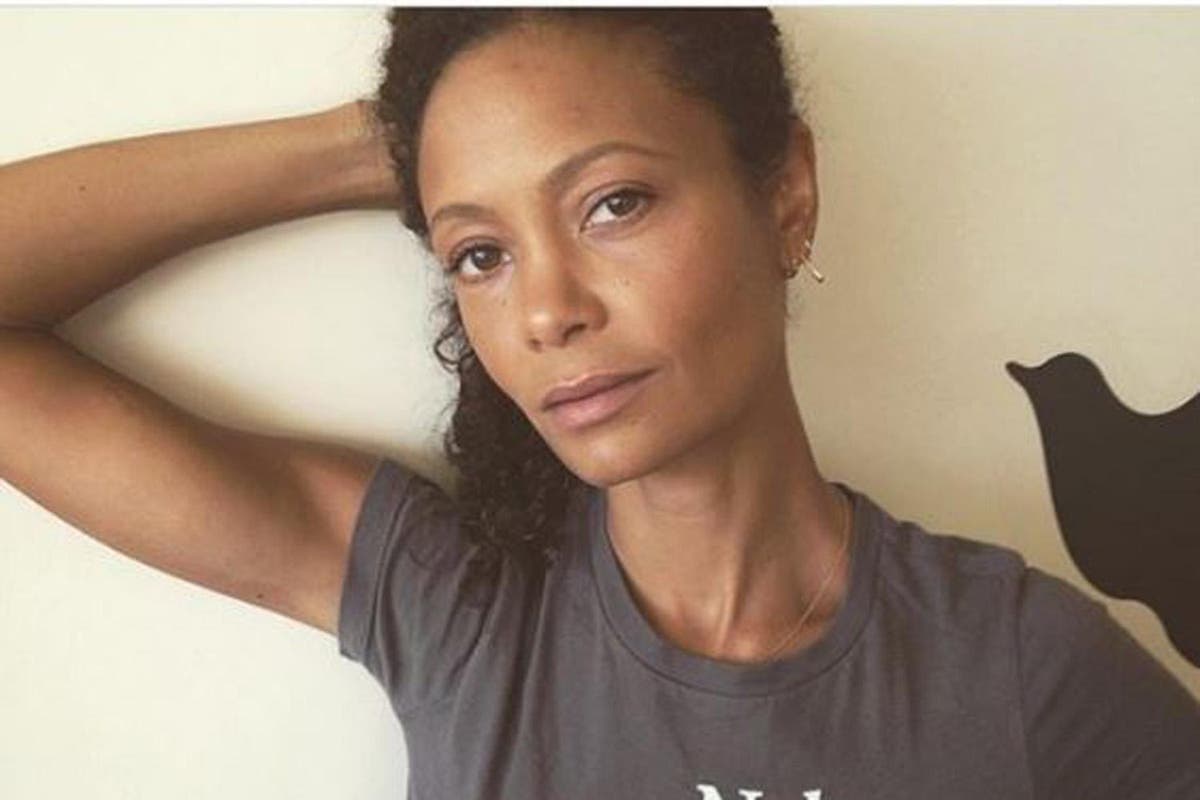 Call me “Thandiwe” because that’s my name.
Call me “Thandiwe” because that’s my name. 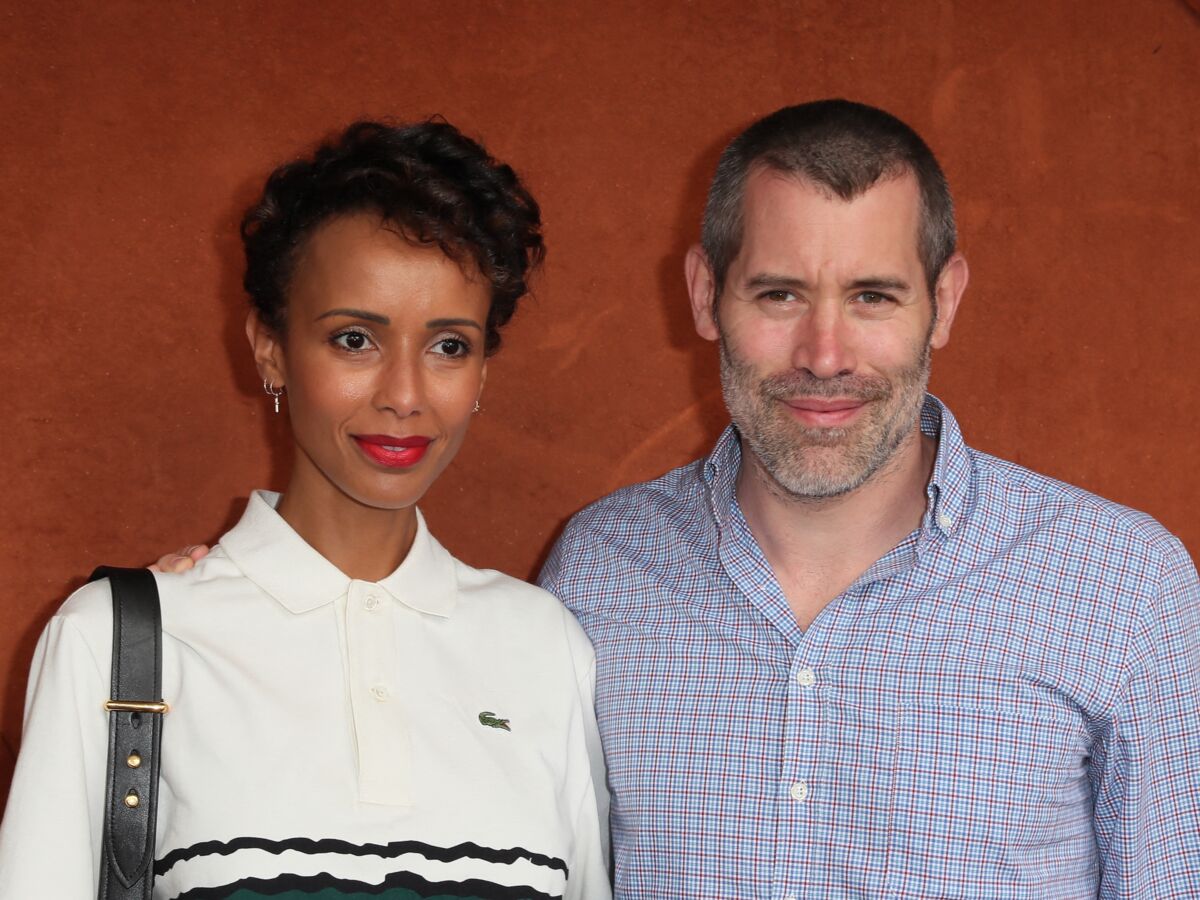 Sonia Roland Questioned In Gabon Fraud investigation
Sonia Roland Questioned In Gabon Fraud investigation 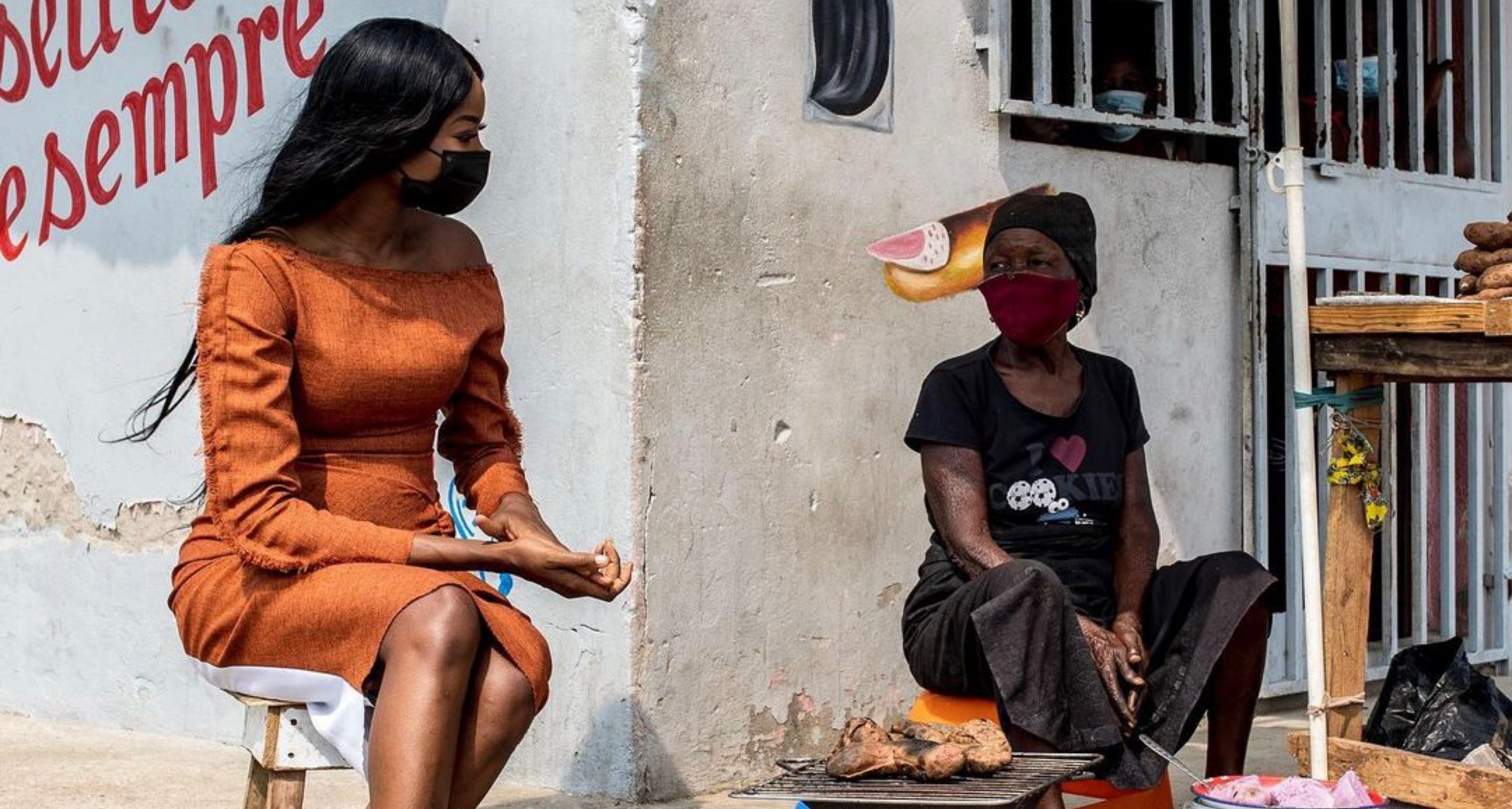 Africa is Still Waiting In the Back of the Line for The Covid Vaccine
Africa is Still Waiting In the Back of the Line for The Covid Vaccine  Is Artemisia about to overthrow malaria?
Is Artemisia about to overthrow malaria?  4 herbs that Will help you Turn on Your Libido
4 herbs that Will help you Turn on Your Libido